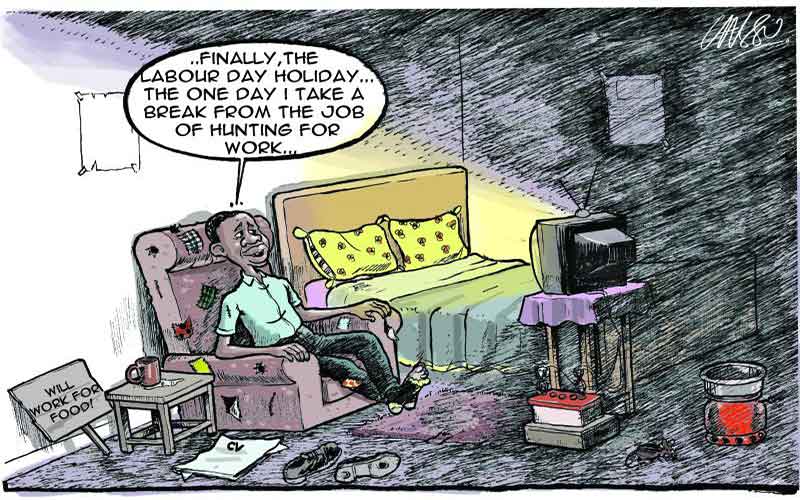×
The Standard e-Paper
Home To Bold Columnists

Kenya joins the rest of the world today to mark Labour Day. But as we observe this day set aside to mark the achievements of workers, there is little, both locally and internationally, to celebrate.